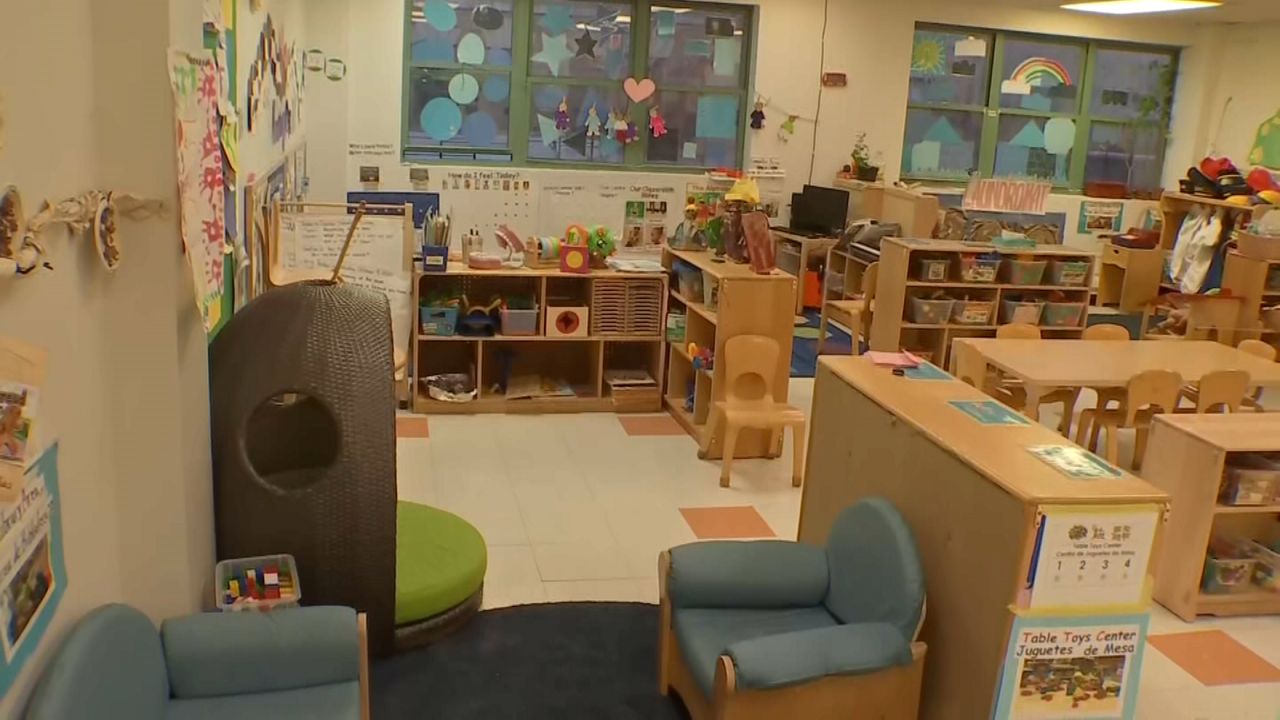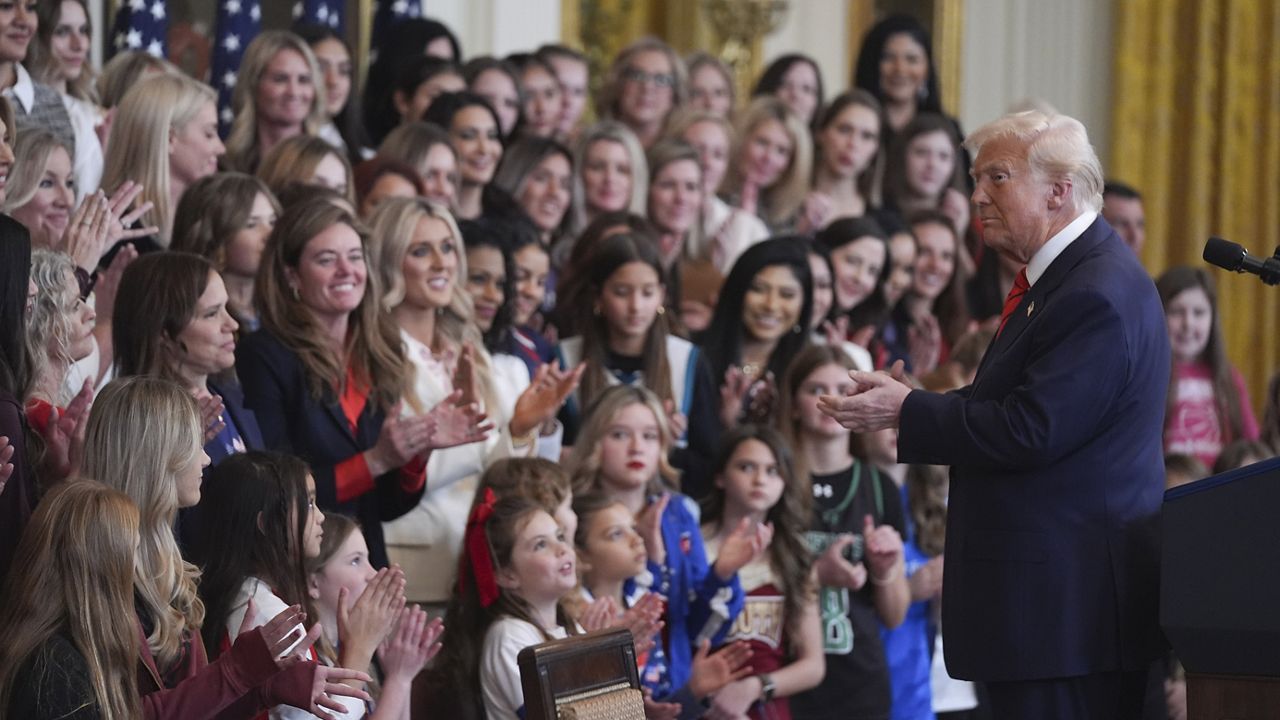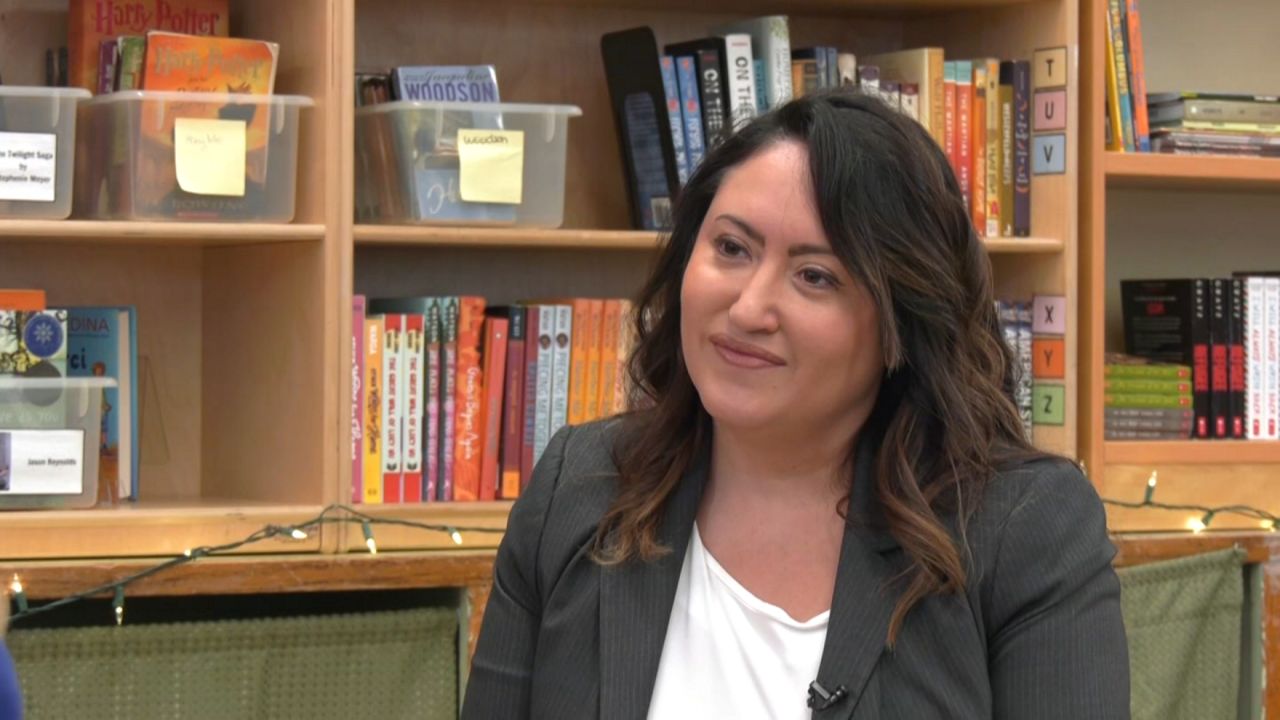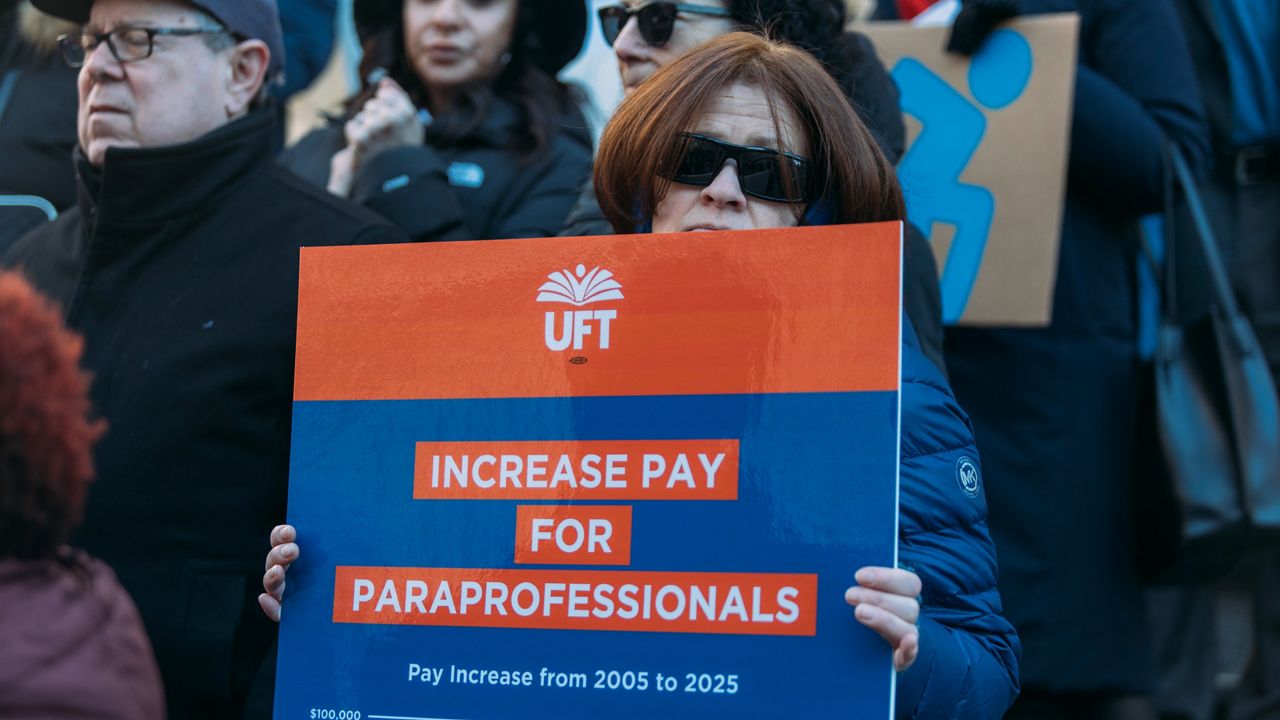Khadija Baldeh charts her own course. She moved from Gambia to New York City at age 13 — alone.
Living in Harlem near Morningside Park, she followed some young people to the campus of Columbia University, and its Low Library. It’s a place close to her apartment, but it felt a million miles away.
“I walked into the school and I sat at Low steps and I said to myself, 'One day, I'll go to school here,'” she said.
She got her G.E.D. after coming to the city, and attended the Borough of Manhattan Community College while working. At a college fair, she learned about Columbia’s School of General Studies, which is geared toward non-traditional students like her.
But, there is a catch: The school offers these students drastically less in financial aid than those attending Columbia College. Alumni and students told NY1 already needy students fall further into debt, have trouble graduating on time, if at all, and even sometimes become homeless.
“The whole point of going to school is to remove yourself from poverty,” Baldeh told NY1. “Before going to Columbia, I was just poor. But now I'm not just poor, I am poor and in debt.”
At Columbia College and Columbia Engineering, undergraduates whose families earn less than $150,000 annually attend for free. But that’s not true at General Studies, or GS.
According to Columbia’s own data, GS students had just 63% of their financial needs met by the university last year, compared to 100% at their other undergraduate institutions. Students at GS are also not guaranteed housing.
“Half of the time when I, while I was in college, I didn't have, like, stable housing. I didn’t even have stable internet,” Baldeh said.
High rents meant she lived far from campus, bouncing around different boroughs. At times, she lost apartments and paid to sleep on people’s couches. At other times, she had to stay in the homes of generous professors when she had nowhere to go.
Baldeh said because she was similar in age to traditional students, they made up many of her friends — and because they had such different financial aid policies, were shocked to discover she was struggling to afford a place to live or meals to eat.
Another GS student who asked not to appear on camera told NY1 that, after becoming homeless and asking Columbia for housing, Columbia staff said to apply to the city's shelter system.
“It's cumulative, right?” Edward Molina, who graduated from General Studies in June, said. “When you're, you know, when you're maybe former homeless, or you are about to become homeless, and you're suffering from food insecurity, not only does that impact your overall, like, mental and physical well-being, but then there are other issues that come into play.”
Things add up to keep students marginalized. They can’t afford to live on or near campus, and many have to work paying jobs, making it hard to participate in campus life or get internships that are vital to finding jobs after graduation. Students struggling with money find themselves with holds on their accounts, leaving them unable to register for classes.
It happened to Molina when he had a large debt on his account. He appealed the debt, but getting it cleared took months.
“I was forced to withdraw. I've been a student here for three years, and I've lost count on the number of students have either been in my situation where they withdraw or fully just dropped out,” said Molina, who transferred to Columbia GS from LaGuardia Community College.
Molina was part of a meeting with former President Minouche Shafik in the spring where, he says, Shafik committed to building a dorm and creating an emergency fund. But he’s heard no details since then.
In a statement, Columbia University spokesman Ben Chang said GS is committed to providing support for nontraditional students, but is not yet able to meet all of their full financial needs. The school awarded $40 million in financial aid last academic year, he said, and has worked to increase access to meal plans and affordable housing options. Students may be eligible for scholarships, grants, loans, and work-study, while veterans attending GS have their costs fully covered through federal programs.
“In 2021, Columbia announced the Student Support Initiative, a university-wide plan to expand access and increase affordability by raising $1.4 billion by 2025. GS has already raised $50 million of its $60 million goal of doubling its endowment,” Chang said. “We are actively working on new initiatives to further support our General Studies students, and we look forward to sharing updates with our community very soon.”
Other Ivies offer more support to nontraditional students. Yale, for example, offers the Eli Whitney Program for nontraditional students, and meets 100% of their financial need.
Baldeh says if Columbia can't financially support nontraditional GS students, it should stop recruiting them at community colleges.
“You’re having this dream, and you’re believing that you can be anything, and that is beautiful,” she said, wiping away tears. “But then, Columbia was a very humiliating experience.”




_PKG_CC_Columbia_GS_130815811_25?wid=320&hei=180&$wide-bg$)

_PKG_Edu_Budget_CLEAN_133527498_1536)



_DNT_ICE_Attendance)
